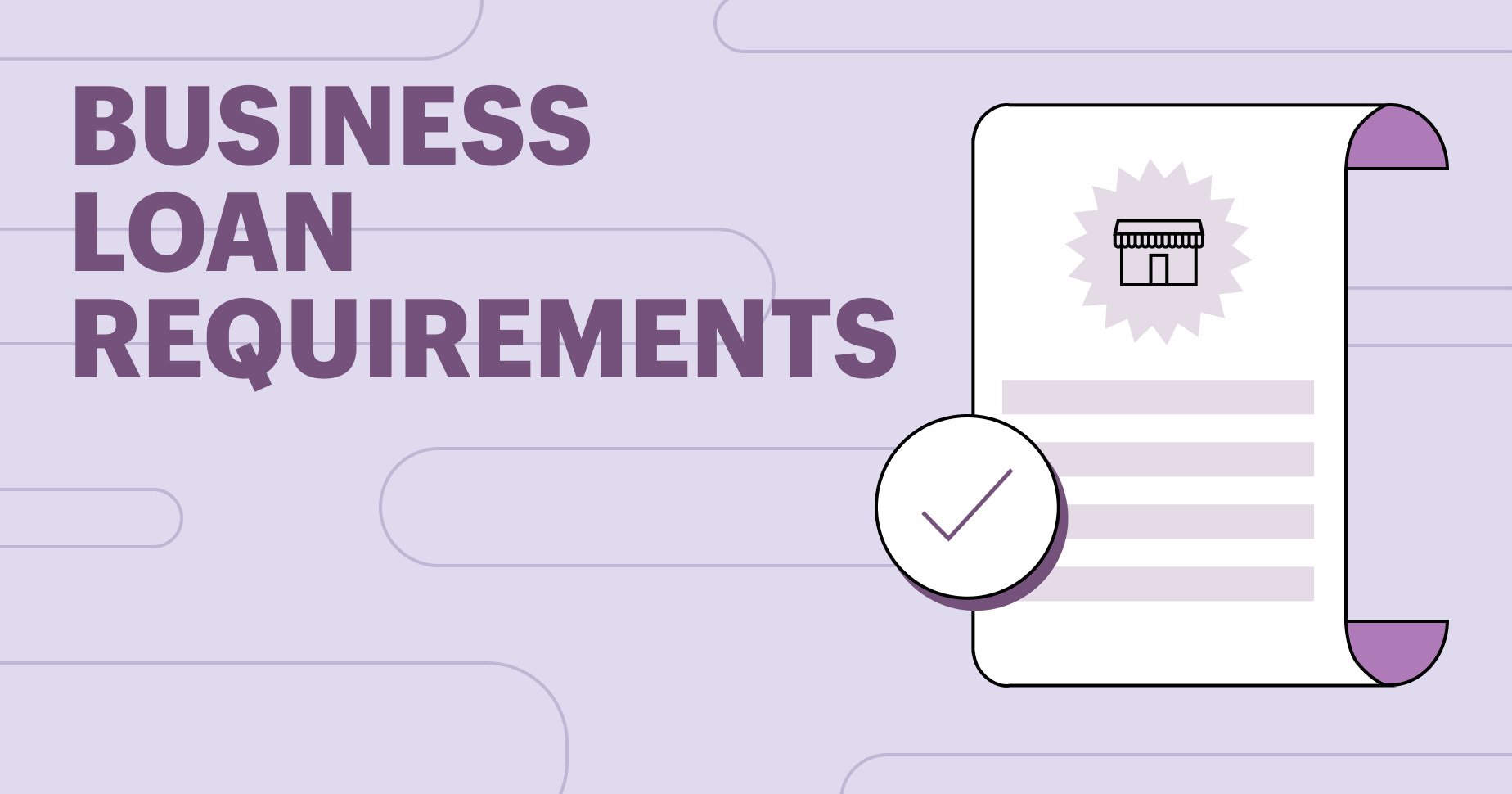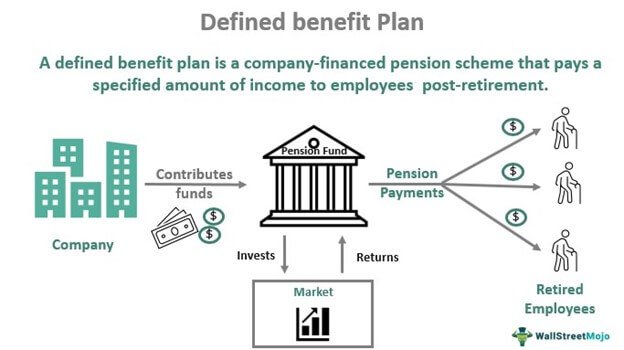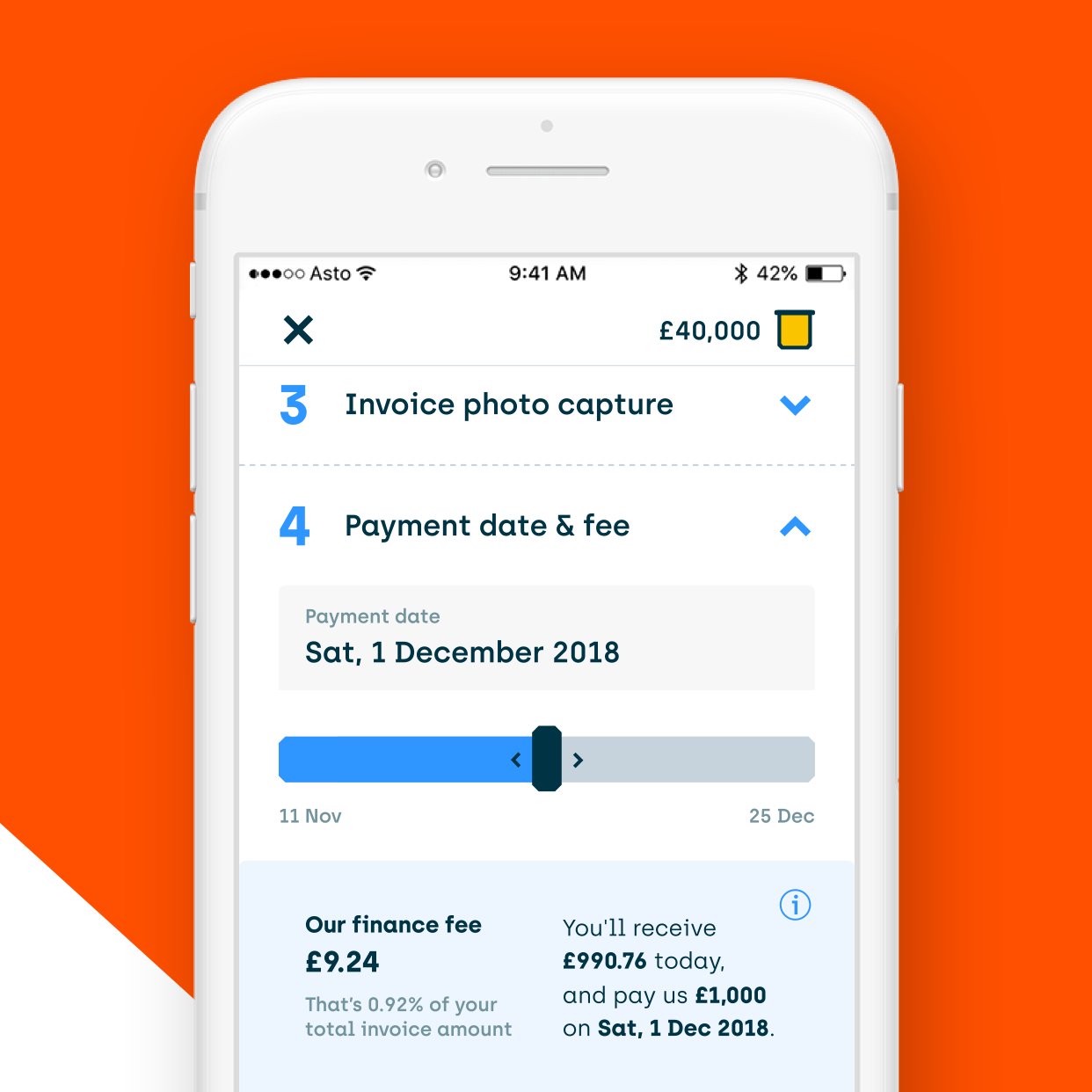Managing finances can be a challenge for any family, but when you’re living on a single income, it can feel even more daunting. Juggling bills, saving for the future, and providing for your loved ones may seem like an uphill battle. But fear not! We’ve got you covered with some practical tips for managing finances as a single income family. From creating a budget that works for you to finding ways to save on everyday expenses, we’ll help you navigate the financial landscape with confidence. So, let’s dive in and explore the strategies that can make your financial journey smoother and more secure.
Tips for Managing Finances as a Single Income Family
Being a single income family can present its own unique financial challenges. With only one source of income, it’s important to be proactive and strategic in managing your finances. In this article, we will discuss a variety of tips and strategies to help you effectively manage your finances and make the most of your single income.
Create a Budget and Stick to It
Creating a budget is essential for any family, but it becomes even more crucial when you rely on a single income. A budget allows you to track your expenses, prioritize your spending, and ensure that your money is being allocated wisely. Here are some steps to help you create and stick to a budget:
- Track your income and expenses: Start by listing all sources of income and all monthly expenses. This will help you understand where your money is coming from and where it’s going.
- Prioritize your spending: Determine your essential expenses such as housing, utilities, groceries, and debt payments. These should be the first items to allocate funds to in your budget.
- Identify areas to cut back: Take a closer look at your discretionary spending and identify areas where you can trim expenses. This could include eating out less, reducing entertainment costs, or finding ways to save on utilities.
- Set realistic goals: Use your budget to set specific financial goals, such as building an emergency fund or saving for a down payment on a home. Break these goals down into manageable monthly contributions.
- Review and adjust regularly: Your budget should be a flexible tool that evolves with your changing needs and circumstances. Make it a habit to review your budget regularly and make necessary adjustments.
Build an Emergency Fund
Having a solid emergency fund is crucial for any family, but it’s especially important when you have a single income. An emergency fund provides a safety net for unexpected expenses or income disruptions. Here’s how you can start building an emergency fund:
- Set a savings goal: Aim to save at least three to six months’ worth of living expenses. Start by setting a small achievable goal and gradually increase your savings over time.
- Automate your savings: Set up an automatic transfer from your checking account to a separate savings account. This ensures that you consistently save a portion of your income without having to remember to do it manually.
- Cut unnecessary expenses: Look for ways to reduce your discretionary spending and allocate those savings towards your emergency fund. This might involve reevaluating your entertainment expenses, subscription services, or other non-essential purchases.
- Utilize windfalls: If you receive any unexpected money, such as tax refunds or bonuses, consider directing a portion of it towards your emergency fund.
- Make it a priority: Treat your emergency fund as a non-negotiable expense. Prioritize saving for emergencies before other non-essential expenses.
Reduce Debt and Avoid New Debt
Debt can be a significant burden on a single income family. It’s important to reduce your existing debt and avoid taking on new debt whenever possible. Here are some strategies to help you manage debt effectively:
- Create a debt repayment plan: List all your debts, including credit cards, loans, and mortgages. Prioritize them based on interest rates or outstanding balances. Allocate extra funds towards paying off high-interest debts first.
- Negotiate with creditors: If you’re struggling to make payments, reach out to your creditors and explore options for negotiating lower interest rates or flexible repayment plans.
- Avoid unnecessary borrowing: Be mindful of your spending habits and avoid taking on new debt for non-essential purchases. Ask yourself if the item is a want or a need before making a purchase.
- Consider debt consolidation: If you have multiple high-interest debts, debt consolidation might be an option to simplify your payments and potentially lower your interest rates. However, carefully evaluate the terms and fees associated with debt consolidation.
- Seek professional help if needed: If you’re overwhelmed with debt, consider seeking the assistance of a reputable credit counseling agency. They can provide guidance and help you develop a plan to get back on track.
Maximize Your Single Income
When you have only one source of income, it’s crucial to make the most of it. Here are some strategies to help you maximize your single income:
- Explore ways to increase your income: Consider taking on a side gig or freelance work to supplement your income. Look for opportunities to leverage your skills and interests to generate additional income.
- Invest in your career: Focus on professional development and continuous learning. Enhancing your skills and knowledge can lead to promotions or higher-paying job opportunities in the future.
- Save on expenses: Look for ways to save on your regular expenses. This could involve shopping for deals, using coupons, or negotiating lower rates for services.
- Find alternative ways to save: Explore community resources, such as free or low-cost events, libraries, and local parks, to reduce entertainment expenses.
- Consider cost-saving strategies: Look for opportunities to save on major expenses, such as refinancing your mortgage, switching to a more affordable insurance provider, or reducing utility bills through energy-efficient practices.
Seek Support and Community
Managing finances as a single income family can feel overwhelming at times. It’s important to seek support and connect with others who are facing similar challenges. Here are some ways to find support and build a community:
- Join online communities: Look for online forums or social media groups where single income families share advice, tips, and resources.
- Attend local workshops and events: Check your community centers, libraries, or local organizations for workshops or events focusing on financial management for single income families.
- Connect with friends and family: Talk to friends or family members who may have experience managing finances on a single income. They can provide valuable insights and support.
- Consider professional financial advice: If you’re struggling with your finances, consulting with a financial advisor or planner can provide tailored guidance and strategies to help you navigate your unique situation.
Managing finances as a single income family requires careful planning, budgeting, and resourcefulness. By following these tips and strategies, you can take control of your finances and build a strong financial foundation for your family’s future. Remember, it’s about making the most of the resources you have and prioritizing your financial goals.
Living Frugally as a Homemaker | Single income family and saving money
Frequently Asked Questions
Frequently Asked Questions (FAQs)
How can I effectively manage finances as a single income family?
Managing finances as a single income family can be challenging, but with the right strategies, it can be done successfully. Here are some tips:
Is it important to create a budget?
Yes, creating a budget is crucial for managing finances as a single income family. It helps you track your expenses, prioritize your spending, and ensure that you stay within your means.
What are some ways to save money as a single income family?
There are various ways to save money, such as cutting unnecessary expenses, meal planning and cooking at home, using coupons and discounts, and exploring free or low-cost entertainment options.
Should I consider a second source of income?
While it depends on your situation, having a second source of income can provide additional financial stability for a single income family. Consider options like freelancing, part-time jobs, or starting a small business.
How can I reduce my debt as a single income family?
To reduce debt, prioritize paying off high-interest debts first and create a debt repayment plan. Consider negotiating with creditors for lower interest rates or seeking professional help from credit counseling agencies.
What should I do if unexpected expenses arise?
It’s important to have an emergency fund to cover unexpected expenses. Start by setting aside a small portion of your income regularly until you have built up a sufficient emergency fund.
Is it advisable to seek professional financial advice?
Seeking professional financial advice can be beneficial, especially when dealing with complex financial situations. A financial advisor can provide personalized guidance, help you make informed decisions, and assist in creating a long-term financial plan.
How can I involve my family in managing finances?
Involving your family in financial matters helps create a sense of responsibility and transparency. Have regular discussions about financial goals, involve them in budgeting decisions, and teach children about basic money management from a young age.
Final Thoughts
In conclusion, managing finances as a single income family can be challenging, but with the right approach, it can be done successfully. The key is to create a budget that aligns with your income, prioritize essential expenses, and find ways to save money on non-essential items. It’s important to communicate openly with your partner about financial goals and make decisions together. Additionally, finding ways to increase your income, such as through side hustles or additional education, can provide extra financial stability. By following these tips and continually reassessing your financial situation, you can effectively manage your finances as a single income family.



